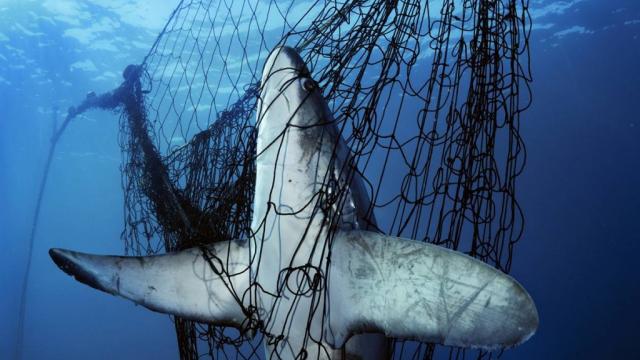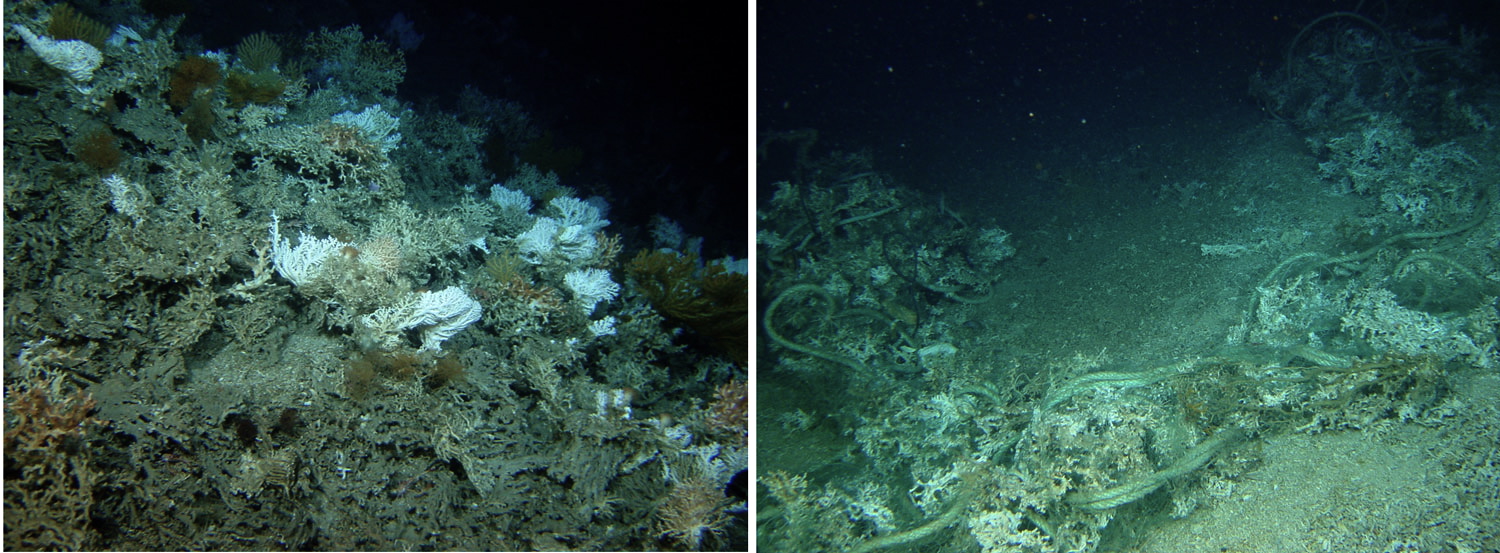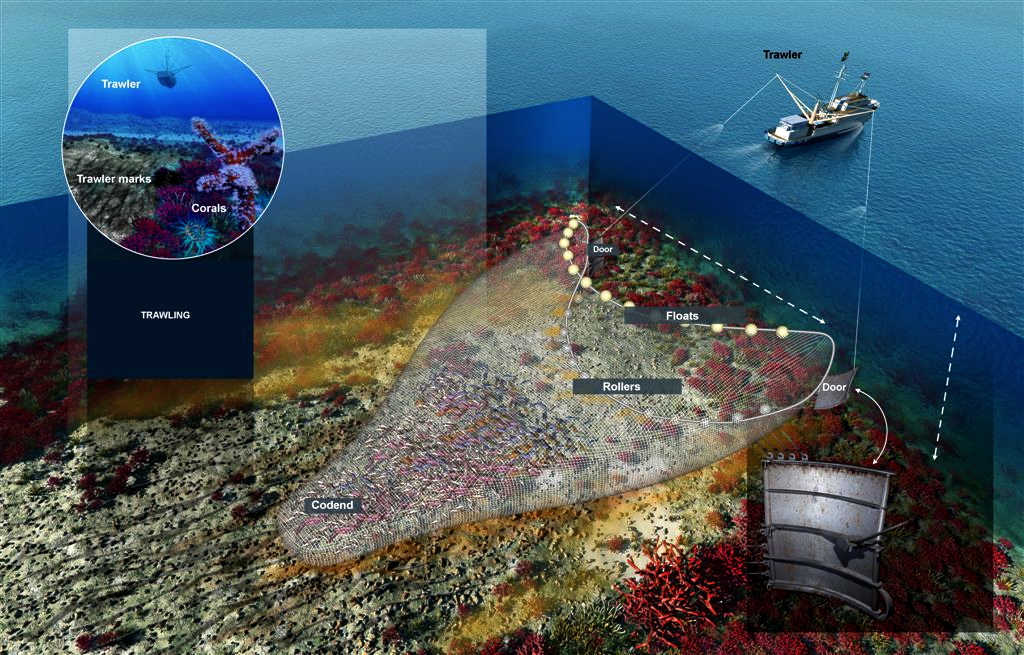
The European Union is on the brink of a historic decision – or failure – to ban deep-sea trawling, with a vote scheduled in Brussels for October 3 facing strong opposition from Europe’s fishing industry.
According to the Deep Sea Conservation Coalition, E.U. countries account for about 60 percent of global catch from bottom trawling in the deep sea – the earth's largest and most mysterious reservoir of life. A ban on the practice would help protect some of the planet’s most bio-diverse places. "It's a key moment for the deep ocean," said the coalition's Matthew Gianni.
Echoing him is Les Watling, a leading expert on deep-sea crustaceans and corals, who calls bottom trawling at depths of up to 1.5 kilometers (1 mile) “the most destructive form of deep sea fishing in the world.” It consists of scraping the deep ocean floor with gigantic nets at high speed, which crushes deep-sea corals and sponges, some of the oldest animals on earth, and kills hundreds of rarely seen species of fish.
The result, according to the Bloom Association, an NGO working for marine conservation, is a “massacre of biodiversity.” In the words of Rainer Froese, a marine scientist at Germany’s Geomar Institute, “the damage we do is for generations to come.”
Public data reveals that Europe’s deep-sea trawlers actually operate at a financial loss. Meanwhile, government subsidies – which is to say European taxpayers – make up the difference.
“Without this money, they would stop immediately,” explained Froese. “We are talking about 10 or 11 ships, maybe 100 people employed; we’re talking maybe 1 percent of the European catch. It’s difficult to understand why such a small business that does so much damage to the deep sea cannot be halted.”
When Watling and his colleagues questioned the economic basis for bottom trawling in scientific journals such as Nature, fishing industry lobbyists tried to silence him. Watling says he is one of 10 deep-sea scientists currently threatened with legal action.
The European Commission supports a ban on deep-sea trawling. The EU Environment Committee earlier this year voted almost unanimously in favor of it (58 to 1). But the European Parliament’s Committee on Fisheries (PECH) stands in the way. The committee includes Members of the E.U. Parliament (MEP) from French, U.K. and Spanish areas in which deep-sea fishing vessels are docked.
If there are further delays, the E.U. Parliament might run out of time to adopt the ban before next year's parliamentary elections. Ocean conservationists, alarmed by the ban’s slow-motion progress, held a press conference in Paris on September 16 to promote their campaign against bottom trawling. As a reminder of how little is known about the deep sea, they showed unique footage of the planet’s longest bony fish – the oarfish – a real-life sea serpent that resembles a huge eel and measures up to 17 meters long (56 ft).
Kriton Arsenis, the MEP trying to push the ban through E.U.’s parliament, calls it an “extraordinary measure for the extraordinary species” living in the ocean depths. He stresses that deep-sea species grow and reproduce very slowly, so populations can’t recover as fast as they are fished. For example, the gulper shark requires a two-year pregnancy to produce a pair of pups.
Arsenis is up against MEPs with links to the fishing industry determined to kill or weaken any ban on deep-sea trawling. Ultimately, the fate of the ban could depend on the extent to which the fishing lobby has infiltrated the European Union's political system.
In the meantime, he says, “for a few euros, we are destroying the basic infrastructure of life in the oceans.”
3 WAYS TO SHOW YOUR SUPPORT
- Log in to post comments













